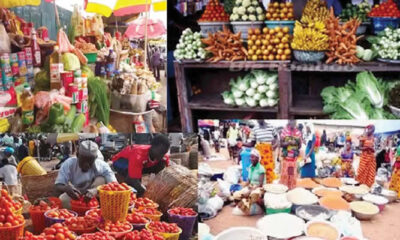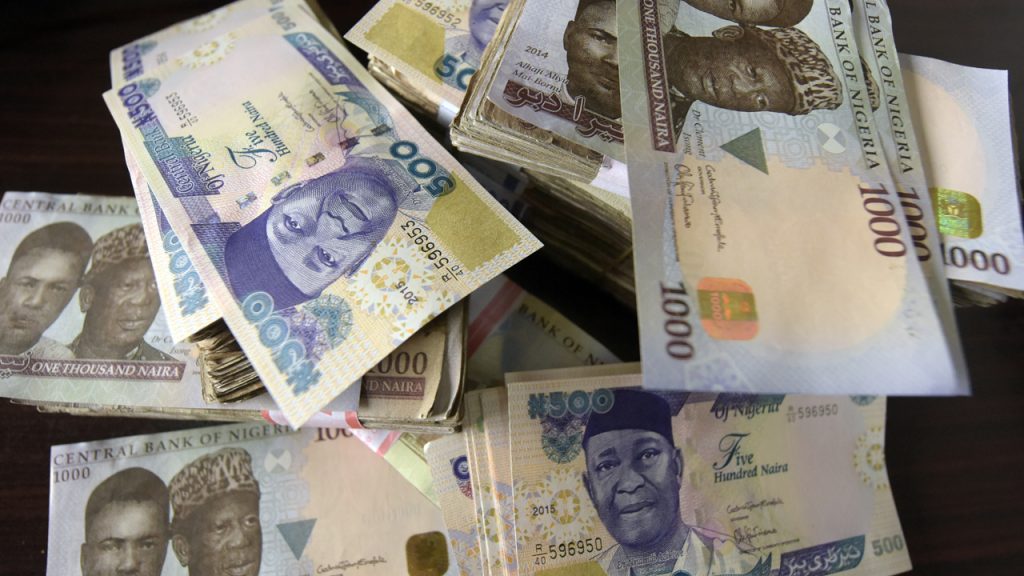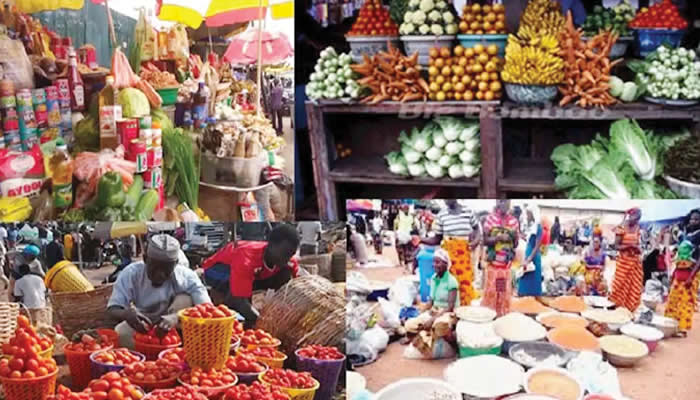Nigeria’s agricultural import bill climbed to N2.22 trillion in the first half of 2025, prompting sharp criticism from farmers, millers and other stakeholders who say presidential directives to “crash” food prices ignore market realities and are worsening the country’s food insecurity.
The concerns follow a directive reportedly issued by President Bola Tinubu asking a Federal Executive Council committee to take steps to lower food prices nationwide. At a capacity-building workshop for journalists in Abuja, the Minister of State for Agriculture and Food Security, Sabi Abdullahi, told participants the presidency had mandated action to ensure the safe passage of agricultural commodities along the country’s transport routes.
“I can say it on good authority to you that the President has given a matching order to a Federal Executive Council committee already handling it,” Abdullahi said, adding that government efforts would focus on reducing the logistics costs that push up prices at the point of delivery.
But farmers and rice millers said a presidential order alone will not fix structural problems in the sector. Kabir Ibrahim, national president of the All Farmers Association of Nigeria (AFAN), said transport cost reductions would help but are insufficient by themselves. “The cost of food will go down if transport costs go down, but that alone is not enough,” he said, adding that many farmers are now selling at prices that prevent them from buying fertiliser.
Peter Dama, chairman of the Competitive African Rice Forum, criticised the top-down approach. “You don’t just come out and give an order to crash prices. It doesn’t work that way,” he told The PUNCH, urging the government to engage private operators and provide targeted subsidies rather than issue unilateral price directives. “At best, the government should have called stakeholders in the transport and agric sectors, discussed with them, and provided subsidies. Pronouncements without engagement will not work.”
Stakeholders also pointed to stalled mechanisation plans. The government announced the launch of 2,000 tractors in July 2024 to support farmers, but more than a year later the machines have not been distributed. An anonymous official in the agriculture ministry told The Punch that distribution modalities are still awaiting presidential approval and described the rollout as a process involving several ministries and technical committees.
Weak consumer purchasing power was flagged as an equally urgent problem. Even where prices have fallen, many Nigerians lack the income to buy food, a point AFAN’s Ibrahim stressed: “What we are telling the government is that it is the purchasing power of the Naira that is causing problems. Even if food prices fall, people don’t have the money to buy.”
Data from the National Bureau of Statistics (NBS) shows agricultural imports rose from N1.04tn in Q1 2025 to N1.18tn in Q2 — a 14.35 per cent increase quarter-on-quarter — and representing a 32.6 per cent year-on-year rise from N893.25bn in Q2 2024. The first half of 2024 posted N1.81tn, meaning imports rose 22.65 per cent year-on-year.
Much of the surge followed a 180-day duty-free window introduced in July 2024 that allowed licensed millers and firms with backward-integration programmes to import staples — including maize, husked brown rice, wheat, beans and millet — without paying duties or related taxes. The policy, intended as a temporary measure to ease food inflation, ended in December 2024. Stakeholders say it instead encouraged mass importation that undermined local producers.
Farmers say the import surge has depressed local prices. AFAN’s Ibrahim pointed to maize as an example: where a tonne once fetched about N60,000, it now goes for roughly N30,000, leaving growers unable to cover input costs. Small-scale producers, he said, are abandoning the farm or reducing output because they cannot afford fertilisers, herbicides or other essentials.
Women smallholder farmers raised related complaints. Chinasa Asonye, national secretary of the Small-Scale Women Farmers Organisation in Nigeria, said input costs and poor-quality subsidised products have crippled production. “Fertilisers and herbicides have become unaffordable. Some of the subsidised inputs distributed were expired and caused more harm than good. Government must subsidise inputs so farmers can produce at a reasonable cost,” she said, warning that hoarding by traders and agencies had worsened the crisis.
Asonye also described a glut of poor-quality imports, noting with alarm that some rice batches sold at N48,000 were infested with weevils and “not even edible.” She added that grains purchased at N140 per kg have in some cases been forced down to N70 per kg, pushing many traders and farmers into loss.
Stakeholders argued that piecemeal fixes — duty waivers, price-crash orders or delayed machinery distributions — cannot deliver long-term food security. Dama urged a coordinated strategy that engages millers, farmers and private investors, and warned that continued reliance on import licences will not substitute for real investment in domestic production. “If we continue like this, we will never be food-secure,” he said.
Calling for concrete policy measures, farmers and advocates want quick distribution of mechanisation equipment, subsidies or financing for inputs, investment in storage and transport infrastructure, and a genuine stakeholder consultation process before further price interventions are announced. They also urged transparency over state and private stockpiles to prevent hoarding and speculative pricing.
The government insists its measures — including the transport-route interventions, mechanisation push and plans to encourage import substitution — will eventually ease pressure on consumers. But with imports rising to N2.22tn in six months and local producers struggling with input costs, storage losses and weak domestic demand, experts warn the outlook for Nigeria’s food sector remains fragile unless decisive, coordinated action is taken.
Credit: The Punch

 BIG STORY1 day ago
BIG STORY1 day ago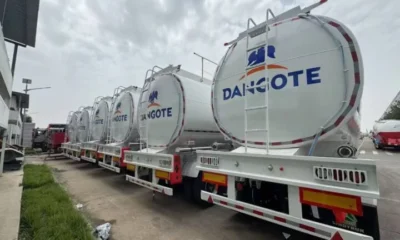
 BIG STORY4 days ago
BIG STORY4 days ago
 BIG STORY5 days ago
BIG STORY5 days ago
 BIG STORY4 days ago
BIG STORY4 days ago
 BIG STORY5 days ago
BIG STORY5 days ago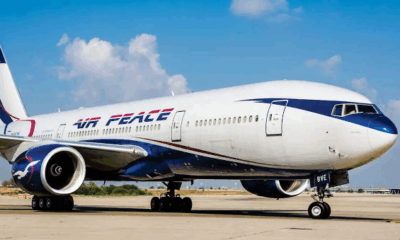
 BIG STORY4 days ago
BIG STORY4 days ago
 BIG STORY5 days ago
BIG STORY5 days ago
 BIG STORY4 days ago
BIG STORY4 days ago











